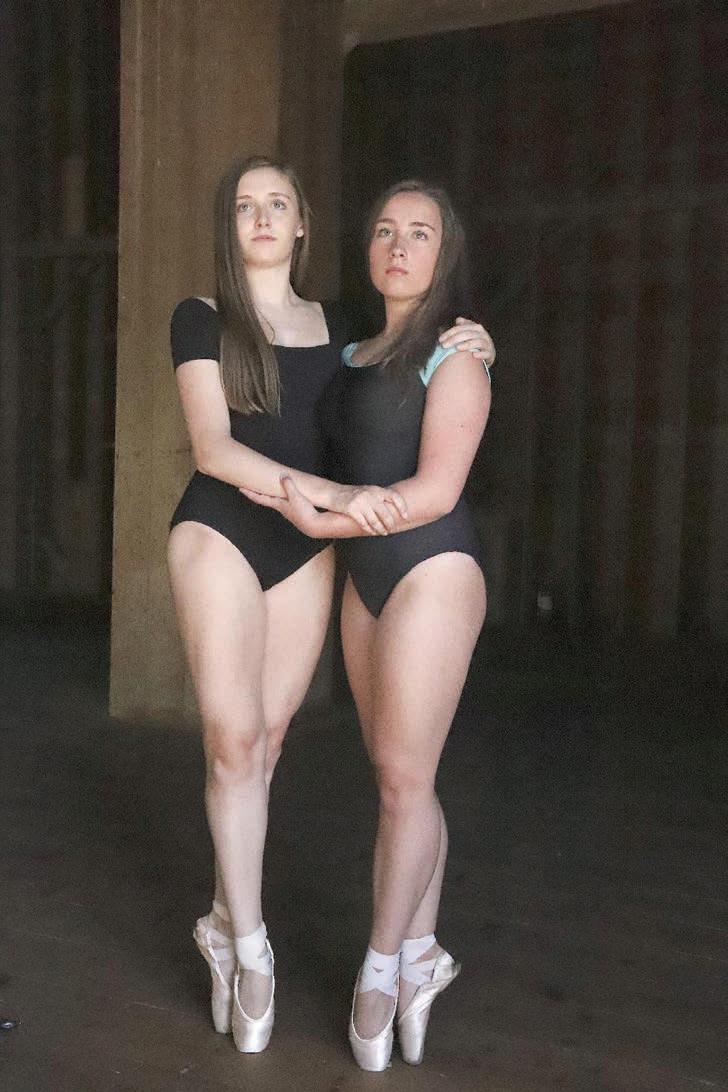
8 minute read
Voltaire CHAPTER 17
Something For Over The Couch
Part 17 “Voltaire”
Advertisement
It was August in the city. Anyone who could afford a place in the country was in the country, and those without means were happy to accept invitations to their friends' second homes. August was the month agreed upon for Judith's show. Max had to agree to this date or his partners refused to even consider such an out of character exhibition. The other partners made it understood that they did not plan to attend the opening, and would not even be in the city. As the August date approached Max became less and less excited about his project, and he began to abandon all his hopes for success. He settled into an attitude of ‘just wanting the whole thing to be over and done with.’ The problem with his project was the artist herself, who was incapable of listening to any advice, or any reasonable sounding suggestions. There was a series of arguments, hopeless arguments in which there was no possibility of agreement. First of all Judith insisted on using house paint, and would not consider anything else. She took a liking to Francisco's hollow core doors, and decided to paint on them instead of canvas. This led to an actual argument with raised voices. Max could not even imagine a show of paintings not done on canvas. Out of his own pocket he had commissioned 12 large canvases, all of the same size, and he had already drawn up a plan of the gallery space. He had a preconceived notion of where each painting would go. To put it simply, Max thought of Judith as a sort of employee whom he had hired to complete a task. His were the ideas and the conceptions, and he expected his student, as it were, to complete his assignments. But Judith was simply not cut out of Max’s cloth, and he soon discovered that his suggestions were met with instant rejection. Max was forced to accept the idea that the show was going to consist of twelve paintings done on commercial hollow core doors, hung vertically. He tried to patiently explain to his protege the absurdity of the idea. “Look,” he said, attempting to suppress his anger and frustration, “It’s going to look like a one night cheap hotel.* It will involve us in ridicule, it will appear comical. If, God forbid, critics happen to see the show, it will fire their imaginations with sarcastic observations. Will there be door knobs as well?” But Judith was not to be moved, as a matter of fact, the more her idea was criticized, the more committed she became. These arguments took place in the bar where she was a waitress, and so took the form of scraps of conversation, separated and interrupted by her work. Max: “What do you have against canvas for painting? Everyone uses it, the most important paintings being done now are all on canvas, or sometimes on linen. But painting on doors? Who would ever even consider it, except for Francisco, with his five hundred dollar paintings.” Judith: “For the sake of cotton, people were enslaved and worked to death. I was just reading about it, and at first I couldn’t even believe it. For the sake of cotton England supported the South in the civil war. You never think about it, but cotton is the root of all the evils of America.” Max: “ Can you believe this?” This remark was addressed to everyone at the table, rather than to Judith, as he sought to enlist the others in his attempt to alter her resolve. In the same conversation she rejected the use of linen saying it was, “The cloth of the dead, useful in wrapping up cadavers, for entombment.” But in all this talk I could see that she was not serious, and had fallen into the habit of playing ping-pong with the ideas of the fine arts. And none of it made any difference to anyone except for her final comment, made in passing, which reduced all of Max’s plans to rubble as she said, “By the way, my Dad is coming from Dublin for the opening. He is terrified of flying, and has never been on a plane, but he has promised.” And so Judith’s Dad sprang to life. This character we were in the habit of thinking had been murdered by his daughter, was quite well. This finally ended Max’s project. He would still go through with it because commitments had been made, money had been spent, and announcements had been mailed. Max consoled himself with the thought that it was August, and so virtually nobody of any consequence would be witness to his failure, and he looked forward to a future when his embarrassments and his lack of judgment would have been forgotten by everyone.
Just as Max’s prospects reached this nadir, Judith’s fortunes took an unexpected turn. It was just in the middle of the argument about the evils of cotton that a man known in our circle as ‘Voltaire,’ entered the bar and sat down by himself in a corner. How can I describe this individual? He was one of those very fat men who seemed to be proud of their obesity. He walked with his stomach thrust out and his head thrown back, seemingly well aware of his presumed importance. With a full beard attached to a face wider than it was long, he was wont to survey his surroundings with contempt. A bad odor, and bad breath would have completed his portrait, but his creator has mercifully spared him those defects. In conversation he was soft spoken to the point of being effeminate, but when he took out his fountain pen and a little ragged notebook he kept in his shirt pocket and began to scribble down notes in his cramped hand, with his puffy fingers, you might be certain some artist's career was about to meet its end. He was an art critic, and his nickname had been earned by smashing artists' careers to bits, and demolishing the reputations of famous galleries. He was called Voltaire because someone had pointed out that he was doing to the world of art what Voltaire had done to the Church and its prelates, reducing that establishment to ridicule with short acid sentences that once heard one could not help but repeat. He even attacked Jackson when Jackson had just reached the pinnacle of his fame. At an opening he walked up to that volatile man, stomach first and said to him, “Jackson my friend, I understand that you execute these canvases in your garage with the canvas rolled out upon the cement floor.” “That is correct,” was the reply. “Well then, shouldn’t we really be looking down on your work.” Not content with that insult he continued, “Well, you have to stretch them and hang them, or they might be walked on, and you know, how else are you going to sell the things, but it seems to me your paintings are art when adorning a garage floor, but simply commercial…” But here the conversation ended as Jackson, a person known to be inflammable, began to growl and show his teeth. Although this Voltaire person had a formidable reputation as an art critic, you could never find his reviews and essays in any of the major journals. Advertisers would not consider purchasing ad space if ever his name appeared in any list of contributors. All of his ideas and opinions appeared in a free journal to be found in kiosks on street corners, and even those free magazines never had any advertising in them. The staff of writers worked for free, driven by a burning sense of mission to inform the world’s uninterested population of the importance of contemporary painting. This journal lasted just under a year, and then ceased publication, but in that time came to be regarded as the only resource for critical commentary not available for purchase.
Voltaire became interested in Judith and her vertical door paintings. A friendship sprang up between them at their very first meeting. She served him a hamburger and fries, and said to him, “Here is your food Revoltaire, go on a diet.” Voltaire reacted to this remark with a loud laugh, a laugh so long and loud that it was obvious to us all that he was stung by it. In the next issue of his journal was an article titled, “Through a closed door.” In which he expounded on the symbolic meanings, not of the subject matter of a painting , but upon the significance of the choice of materials. He took Judith’s idea of the sinfulness of cotton, and applied it to all artists' materials, writing at length about wood, stone, steel, or aluminum, and he attached a moral significance to each. He ended his essay with the words, “Cotton is the root of all the evils of America.” To this he added an asterisk, and gave Judith credit by noting, “Said by an unknown waitress in a well known artist bar.” Four days later one of Judith’s door paintings was reproduced in the gallery listings of the New York Times. It appeared in the center of the listings, just as a kind of throw away adornment of the page. There were no comments attached or any sort of a review, but the name of the gallery, and Judith’s name was printed underneath.
The following Saturday evening her show opened. I went to it, and at first I could not get in the door as the gallery space was so black with people. Her first show had that sign of a successful opening: people standing out in the hallway, or out in the street talking in small circles drinking wine and beer out of cans. Inside the room, in the crush of people stood Judith, her father, and Voltaire, engaged in heated conversation, about James Joyce.
*One night cheap hotels: A line from “The love Song of J. Alfred Prufrock,” T. S. Elliot —Richard Britell
Parts 1 through 16, at Spazifineart.com (short stories)
EDWARD ACKER
PHOTOGRAPHER
Time Flies • Get Pictures EdwardAckerPhotographer.com 413-446-8348





